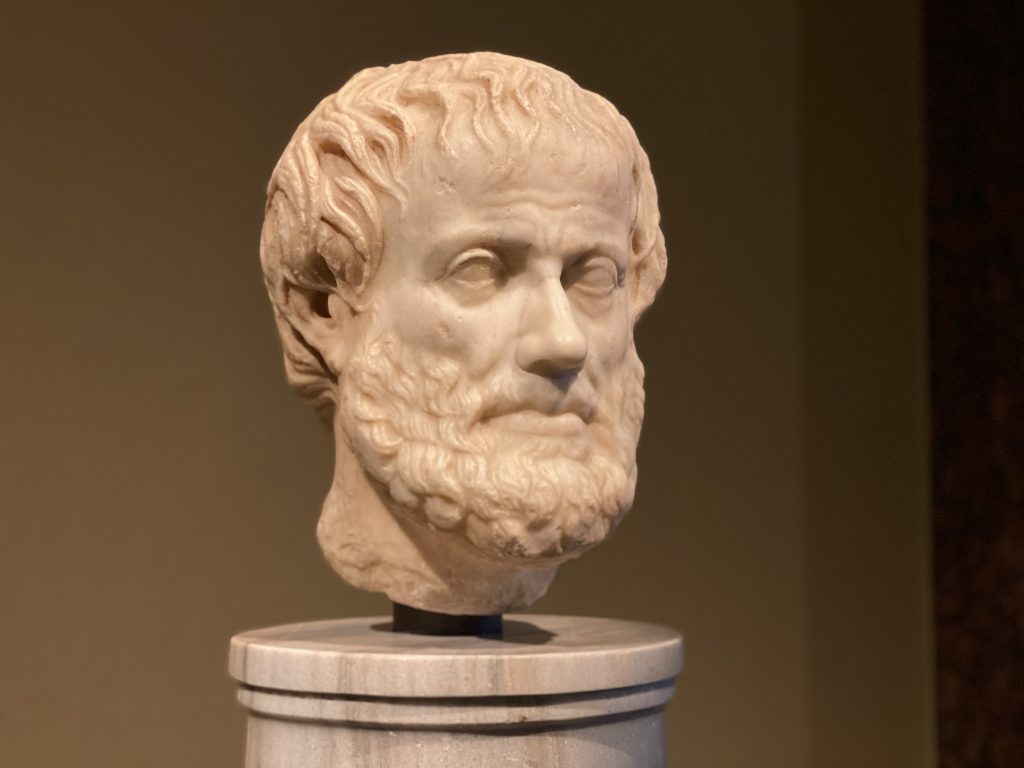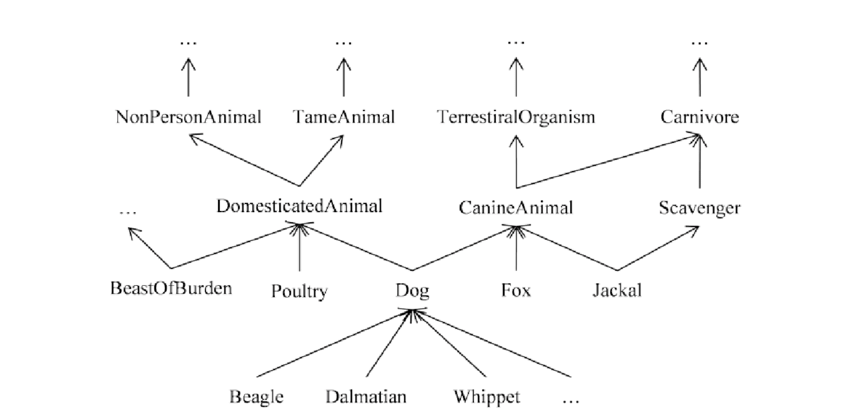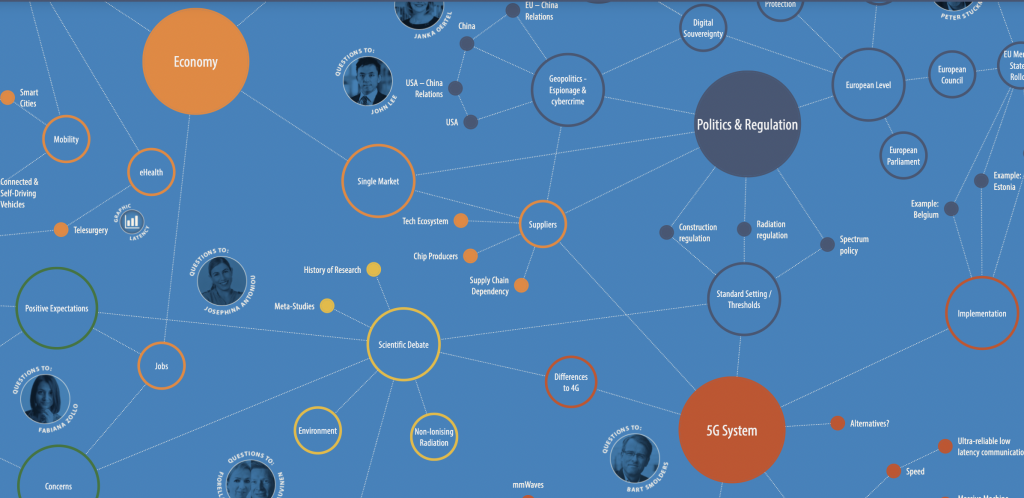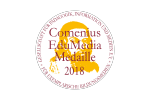What do ‘the science of being’, computer science and creating mappings have in common? At first sight, these three might seem hard to connect. However, the philosophical concept of ontology reaches far and wide. What is that, and how do we apply it to our lives?
Capitalized Ontology
In the world of philosophy, ontology (or ‘Ontology, as we will call it from now on) is the study of existence. What is reality? And how do entities exist – do they have so-called ontological dependence? Can we divide them into categories?
This ‘science of being’ has been around for centuries. In the first millennium BC, for instanstance, the concept was part of the Samkhya school of Hindu philosophy. This stream sees the universe as two different realities, independent from each other: ‘pure, contentless consciousness’ and ‘matter’. While the mind is part of the latter, this too exists of different aspects (the sense mind, the intellect and the ego). Other Ontological schools also existed in this time, such as the Yoga school and the Advaita Vedanta.
A bit closer to the modern western world, the ancient Greeks too loved to discuss Ontology. Parmenides (born in 515 BC) was among the first to discuss the topic. Approximately a century later, Plato philosophized about the distinction between true reality and illusions. According to him, real are the eternal and unchanging forms or ideas, while things experienced in sensation are just copies of that.
Aristotle, another few decades later, continued the Ontological philosophy by identifying dimensions of being:
- The various categories or ways of addressing a being as such
- Truth or falsity, such as counterfeit money
- Whether something exists of itself or ‘comes along’ by accident
- The potency, energy or finished presence
Ontology closely related to a question posed first by Aristotle: what do all entities have in common? Different streams of Ontologists have different answers to this.

Those who call themselves Ontologists often aim to create categories or ‘highest kinds’, and how these categories can together form a system. But how do we create such categories? Ontology focuses, among others, on the differences between:
- Abstractness and concreteness: the concrete includes plants, human beings and planets while things like numbers, sets and propositions are, on the other hand, abstract.
- Particularity and Universality: various particulars might together be universal. For instance: a sunflower and a banana both fit into the universal ‘yellowness’.
- Possibility and necessity: focusing on modal logic. Usually, this involves the idea of possible worlds, meaning a way in how things ‘could have been’. A proposition is possibly true if there is at least one possible world in which it would be true, while it is necessarily true if it would be true in all possible worlds.
The plural, non-capitalized ontologies
Quite philosophical, that much is clear. Now, let’s have a look at how we could incorporate Ontology into a day-to-day life with applied ontology. Applied ontology can be used in many different fields, such as medicine, geography and management.
“In information science, an ontology refers to an engineering artifact, constituted by a specific vocabulary used to describe a certain reality. The most common meaning of ontology is a theory that explains a domain.”
Frederico Fonseca’s description of ‘ontologies’ (2007).
In a larger sense, it belongs to Information Sciences. The non-capitalized concept of ‘ontologies’, focuses on the definition of categories and relations between concepts, data and entities: how are different aspects of one topic related to each other? In its most basic form, it’s a way to organize information. In that way, it’s similar to its philosophical source of inspiration. Both attempt to represent entities and all of their facets in a system of categories.
In particular, computer science is linked to applied ontology. In fields like natural language processing (machine translation) as well as knowledge representation, the creation of ontologies can be a great outcome to organize information in a helpful way. This is done by creating so-called ‘controlled vocabularies’. These are comparable to indexes or thesauruses on specific topics.
In a research paper for Pennsylvania State University, Frederico Fonseca makes it clear that ontologies in ontology-driven information systems can be used at several moments: development time (helping designers to ‘practice a higher level of knowledge reuse than is usually the case in software engineering’) and run time (to improve ‘ the communication between software agents or be used to support information integration’).
Capturing common sense
So what should we think of when we think of ‘ontologies’? Take for instance Cyc, a long-term artificial intelligence project started in 1984 that wants to assemble an ontology as wide as the workings of the world. It hopes to capture common sense knowledge. Cyc has been used in hundreds of different ways, including:
- Helping students learn math by getting a more deep understanding of matters (MathCraft)
- Creating a dataset of terrorism, ranging from groups and ideologies to behaviors and terroristic events (Terrorism Knowledge Base)
- Integrating thesauri from pharmaceutical-industry terms (done by British multinational pharmaceutical company Glaxo)

Ontologizing our ideas
By now, you’ve probably gotten some inspiration already as to how you could use information science ontologies and the philosophical Ontology to organize your world. By creating ontologies, other humans can understand our thinking better.
Ontologizing your ideas can be enormously helpful to create an overview of large chunks of information on a topic that you would like to put together.

Take our 5G technology mapping, for instance! In a way, it is an ontology of a massive topic, ranging from aspects such as impacts on the economy to the technical background of the telecommunication norm.
There is no one correct methodology for developing ontologies. In fact, as we’ve mentioned before, there’s tons of ways in which you can organize your information. However, there are some helpful steps to consider when you’re shaping your idea into form.
- Determine the domain and scope of it before you start detailing.
- Figure out: what’s your purpose for creating this ontology?
- Establish your sources. Perhaps, there are even other, already existing ontologies that you could use in the process of creating your own.
Common ground
‘The science of being’, computer science and creating mappings do actually have a common ground, as has become clear in this post. The philosophy of Ontology, and it’s applied version of ontologies, is useful to always keep in the back of your mind when you yourself are structuring a topic.
Sources
https://www.innoplexus.com/blog/do-you-know-what-ontology-is/
https://en.wikipedia.org/wiki/Ontology
https://en.wikipedia.org/wiki/Applied_ontology
https://en.wikipedia.org/wiki/Ontology_(information_science)
https://mba.eci.ufmg.br/downloads/pos/OntologyDoubleRole-Fonseca.pdf
https://en.wikipedia.org/wiki/Cyc
https://medium.com/analytics-vidhya/ontologies-in-detail-2916f9226133
Header image: Pawel Czerwinski





